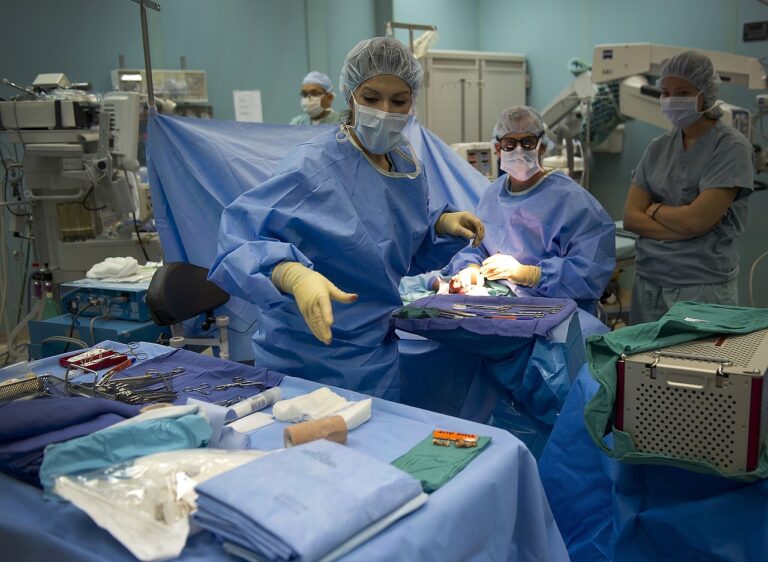Book Appointment Now

Breast Cancer Diagnosis in Pregnant and Lactating Women
Breast cancer is a significant health concern that can affect women of childbearing age, including those who are pregnant or lactating. The complexity of diagnosing breast cancer during pregnancy and breastfeeding poses unique challenges for healthcare professionals. This article explores the critical aspects of breast cancer diagnosis in pregnant and lactating women, emphasizing the importance of early detection and the implications for maternal and neonatal health.
Do you need nursing essay writing help about breast cancer assignment? ![]()
Understanding Breast Cancer in Pregnancy
Breast cancer is one of the most common cancers diagnosed during pregnancy. The incidence is estimated to be about 1 in 3,000 pregnancies. Hormonal changes and physical transformations during pregnancy may complicate the diagnosis, making it essential for healthcare providers to be vigilant.
Importance of Early Detection
Early detection is crucial in improving outcomes for both the mother and the infant. Routine breast cancer screening in pregnancy may include clinical breast examinations and imaging studies, such as ultrasounds, which pose minimal risk to the fetus. However, traditional mammograms may be avoided during the first trimester due to concerns over radiation exposure.
Symptoms to Monitor
Healthcare providers should educate pregnant and lactating women on the symptoms of breast cancer, including:
- A palpable lump in the breast or armpit
- Changes in breast shape or size
- Persistent pain or tenderness in the breast
- Nipple discharge that is not related to breastfeeding
Encouraging self-examinations and regular check-ups can facilitate early diagnosis.
Diagnostic Tools and Techniques
When breast cancer is suspected, various diagnostic tools can be employed:
- Ultrasound: This imaging technique is safe for pregnant women and can help differentiate between solid masses and cysts.
- Biopsy: If a suspicious mass is found, a biopsy may be necessary to confirm the diagnosis. It can often be performed using local anesthesia to minimize discomfort.
Managing Breast Cancer During Lactation
The management of breast cancer in nursing mothers requires careful planning. Treatment options may include surgery, chemotherapy, or radiation, which can affect breastfeeding practices. Healthcare providers should work closely with lactation consultants to help mothers navigate their options while considering the health of their infants.
Considerations for Treatment
- Timing of Treatment: The timing of chemotherapy and surgery should be carefully planned to minimize disruption to breastfeeding.
- Medications: Some chemotherapy drugs may pass into breast milk; thus, alternatives or temporary cessation of breastfeeding may be necessary.
The diagnosis and management of breast cancer in nursing mothers present unique challenges but are essential for ensuring the health of both mother and child. Awareness of the signs, regular check-ups, and collaboration between obstetricians, oncologists, and nursing professionals are critical in improving outcomes. Early diagnosis through Breast cancer diagnosis in pregnant and lactating women can lead to better prognoses and support the health of both the mother and the infant. By prioritizing education and access to healthcare, we can significantly impact the management of breast cancer in pregnant and lactating women.
Also read:
- Case Study: Breast Cancer Assignment
- Breast Cancer Patient Health History Assignment
- Breast Cancer in Pregnancy essay assignment
- HLSC300 Breast Cancer among Hispanic Women in United States essay assignment
- Hormones causing Breast Cancer essay assignment







